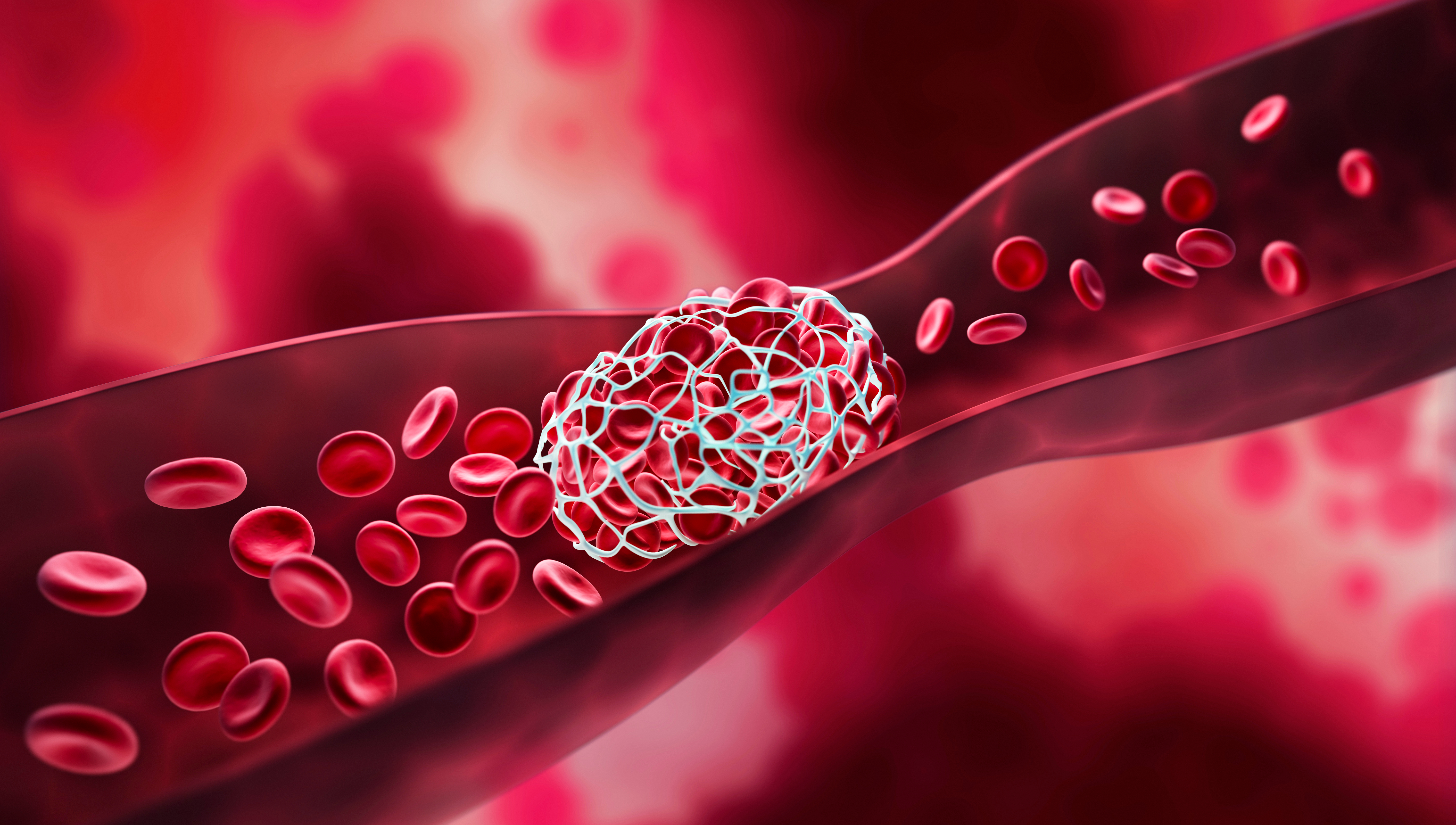New study on the link between venous thrombosis and cancer

Publication date: 26-01-2024
Updated on: 07-03-2024
Topic: Research
Estimated reading time: 1 min
Article Author
Elena BuonannoMedical Editor
Andrea D’Alessio
Editor and Translator
Viktoryia LuhakovaDr. Andrea D'Alessio of Policlinico San Marco is among the authors of a recent study published in the prestigious international journal EClinicalMedicine, part of The Lancet Discovery Science, which aims to provide the scientific community with a set of good clinical practice guidelines on the prophylaxis and therapy of venous thrombosis in patients with malignant cancer.
The link between venous thrombosis and cancer
Venous thromboembolism (VTE), which includes deep vein thrombosis and pulmonary embolism, is a frequent complication in cancer patients.
"In cancer patients, the risk of VTE is about 10 to 12 times higher than in patients without cancer," explains Dr. D'Alessio. "This risk is especially high among:
- patients with specific types of cancer (pancreatic, brain, lung, and ovarian cancer);
- immobile hospitalized patients with cancer;
- patients undergoing antineoplastic therapy;
- patients with metastatic disease."
Anti-coagulant therapy in cancer patients: how long should it last?
Therefore, patients with cancer should be prescribed anticoagulation therapy to reduce the risk of VTE. But for how long? What are the risks after terminating anticoagulant therapy?
These are the questions of the study titled “The risk of recurrent venous thromboembolism after discontinuation of anticoagulant therapy in patients with cancer-associated thrombosis: a systematic review and meta-analysis”.
"The optimal duration of anticoagulant therapy in patients with active cancer and venous thromboembolism is unknown. Current clinical guidelines suggest anticoagulant therapy for 3-6 months and continuation for as long as the cancer is active.
However, there has not been an adequate systematic review on the rate of VTE recurrence after discontinuation of anticoagulant therapy."
This is a gap pointed out by the American Society of Hematology in the 2021 Guidelines Panel for the Management of VTE, for which additional data were needed, such as those offered by the meta-analysis in which Dr. D'Alessio also participated, along with specialists from leading international cancer centers.
"This meta-analysis demonstrates a high rate of VTE recurrence over time after discontinuation of anticoagulant therapy in patients with cancer-associated thrombosis. Our results, therefore, support the current clinical guidelines for continuing anticoagulant therapy in patients with active cancer," Dr. D'Alessio concludes.